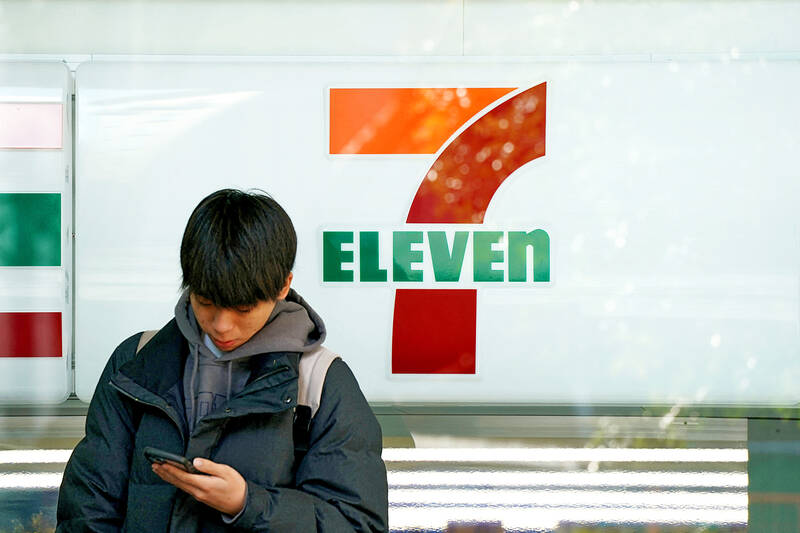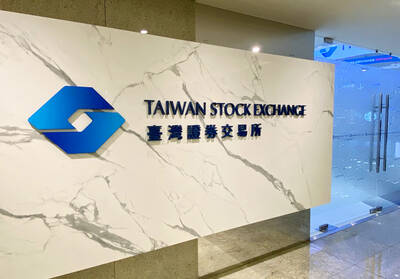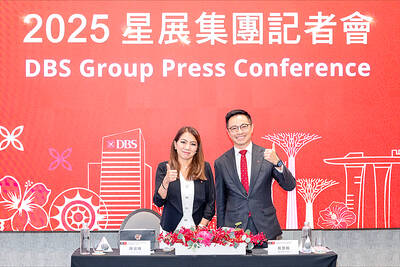Philippine Seven Corp, operator of the 7-Eleven convenience store chain in the Southeast Asian country, plans to invest 5 billion pesos (US$85.32 million) to add more than 400 stores this year, the company’s Taiwanese investor said.
The exclusive licensee to run 7-Eleven stores in the Philippines targeted an increase of 450 stores in its ongoing expansion after growing the number of stores to 4,130 last year, said President Chain Store Corp (統一超商), which holds a 55.32 percent stake in Philippine Seven.
The 7-Eleven chain would be the first to establish a presence in the three major market regions — Luzon, Mindanao and Visayas — in the Southeast Asian nation, the Taiwanese company said.

Photo: AFP
Philippine Seven would focus on shoring up its market share in Mindanao and Visayas, and on opening stores in areas in Luzon, where the chain has no branches, President Chain Store said.
The Taiwanese company acquired a controlling stake in the Philippine company in 2000.
Despite annual losses in 2020 and 2021 due to the COVID-19 pandemic, the Philippine company returned to profit in 2022, and has added more than 350 stores a year since 2023, President Chain Store said.
In October last year, Philippine Seven opened its 4,000th store in Pasay, as the company marked 7-Eleven’s 40th anniversary in the country.
Uni-President Enterprises Corp (統一企業) chairman Alex Lo (羅智先) told a shareholders’ meeting last year that there is plenty of space for the chain to grow in the Philippines, given its population of more than 100 million.
“The sector is not too crowded, and we are the only one who runs the business efficiently,” Lo said.
The chain in the Philippines is still a retailer focusing on selling goods, compared with 7-Elevens in Taiwan, which offer a range of services, he said.

Taiwan Semiconductor Manufacturing Co (TSMC, 台積電) secured a record 70.2 percent share of the global foundry business in the second quarter, up from 67.6 percent the previous quarter, and continued widening its lead over second-placed Samsung Electronics Co, TrendForce Corp (集邦科技) said on Monday. TSMC posted US$30.24 billion in sales in the April-to-June period, up 18.5 percent from the previous quarter, driven by major smartphone customers entering their ramp-up cycle and robust demand for artificial intelligence chips, laptops and PCs, which boosted wafer shipments and average selling prices, TrendForce said in a report. Samsung’s sales also grew in the second quarter, up

LIMITED IMPACT: Investor confidence was likely sustained by its relatively small exposure to the Chinese market, as only less advanced chips are made in Nanjing Taiwan Semiconductor Manufacturing Co (TSMC, 台積電) saw its stock price close steady yesterday in a sign that the loss of the validated end user (VEU) status for its Nanjing, China, fab should have a mild impact on the world’s biggest contract chipmaker financially and technologically. Media reports about the waiver loss sent TSMC down 1.29 percent during the early trading session yesterday, but the stock soon regained strength and ended at NT$1,160, unchanged from Tuesday. Investors’ confidence in TSMC was likely built on its relatively small exposure to the Chinese market, as Chinese customers contributed about 9 percent to TSMC’s revenue last

Taiwan and Japan will kick off a series of cross border listings of exchange-traded funds (ETFs) this month, a milestone for the internationalization of the local ETF market, the Taiwan Stock Exchange (TWSE) said Wednesday. In a statement, the TWSE said the cross border ETF listings between Taiwan and Japan are expected to boost the local capital market’s visibility internationally and serve as a key for Taiwan becoming an asset management hub in the region. An ETF, a pooled investment security that is traded like an individual stock, can be tracked from the price of a single stock to a large and

Despite global geopolitical uncertainties and macroeconomic volatility, DBS Bank Taiwan (星展台灣) yesterday reported that its first-half revenue rose 10 percent year-on-year to a record NT$16.5 billion (US$537.8 million), while net profit surged 65 percent to an unprecedented NT$4.4 billion. The nation’s largest foreign bank made the announcement on the second anniversary of its integration with Citibank Taiwan Ltd’s (花旗台灣) consumer banking business. “Taiwan is a key market for DBS. Over the years, we have consistently demonstrated our commitment to deepening our presence in Taiwan, not only via continued investment to support franchise growth, but also through a series of bolt-on acquisitions,” DBS